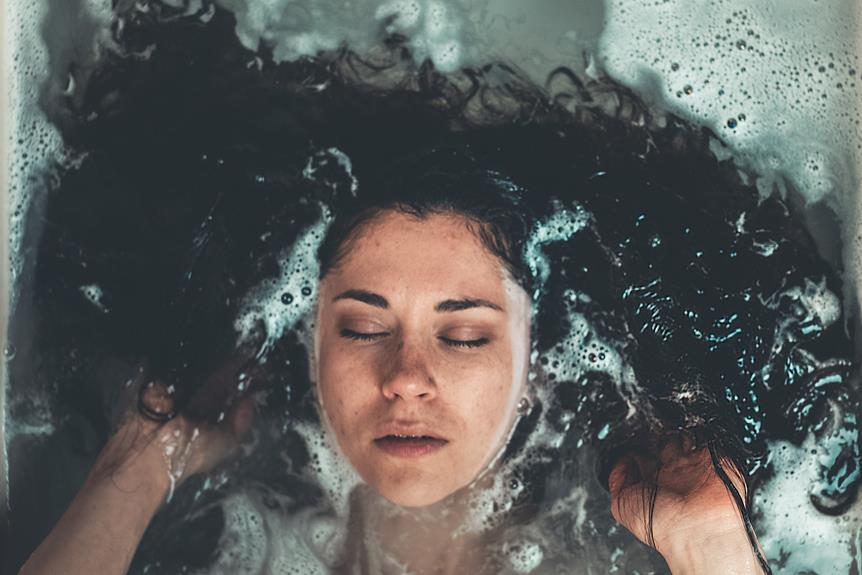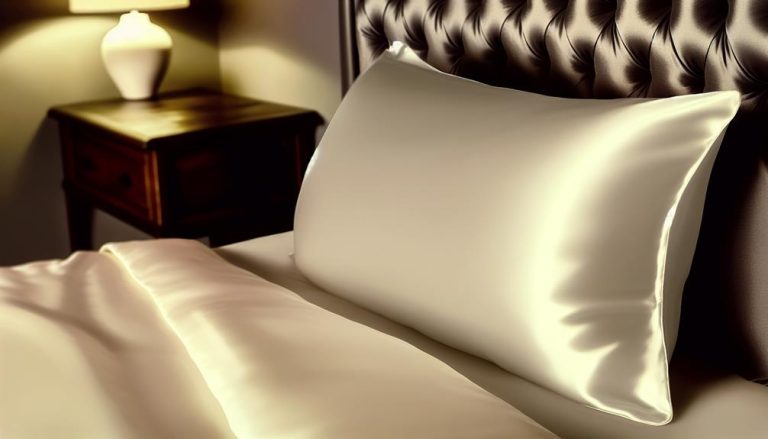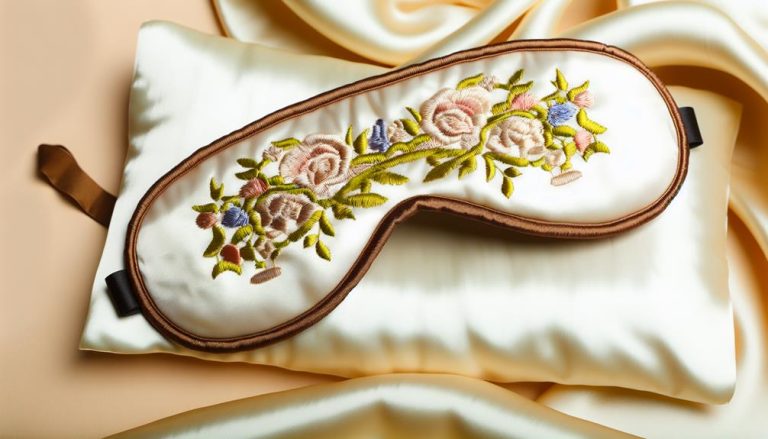Have you ever felt the need to Moisturize Hair like your hair is as dry as a desert? We’ve all experienced the frustration of dealing with brittle, lifeless locks that seem impossible to tame. But fear not, because we’re here to help.
In this discussion, we’ll uncover the reasons behind your hair’s dryness and provide you with the ultimate guide on how to moisturize your hair the right way. From the lack of hydration and nutrients to the damaging effects of sun exposure and heat styling, we’ll delve into the causes of dry hair.
So, if you’re tired of struggling with dryness and seeking a solution that will leave your hair feeling soft, shiny, and healthy, keep reading. You won’t want to miss our expert tips and tricks.
Causes of Dry Hair
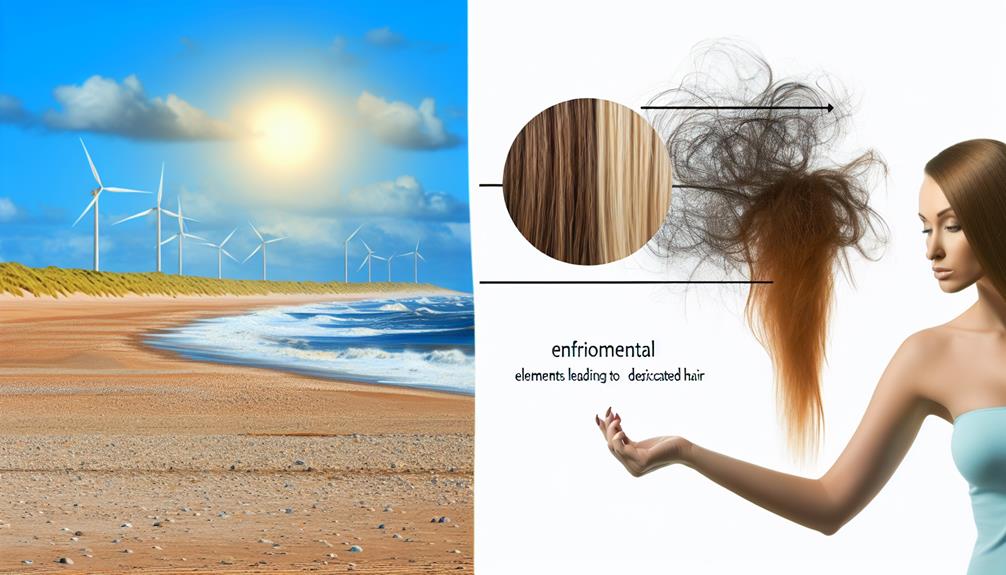
Dry hair can be caused by several factors, including a lack of water and essential nutrients, excessive sun exposure, the use of heat styling tools and harsh chemicals, as well as certain health conditions.
When our hair lacks hydration and vital nutrients, it becomes dry, brittle, and prone to breakage. The sun’s rays can strip our hair of its natural oils, leaving it parched and lifeless. Heat styling tools and harsh chemicals can damage the hair cuticle, leading to dryness and frizz. Additionally, certain health conditions, like hypothyroidism or malnutrition, can affect the health and moisture levels of our hair.
Understanding these causes is the first step towards liberating our hair from dryness and achieving healthy, luscious locks.
Nutrients to Moisturize Hair
After understanding the causes of dry hair, we can now explore the impact of a lack of hydration and essential nutrients on the health and vitality of our locks.
When our hair lacks hydration, it becomes dry, brittle, and prone to breakage. Without essential nutrients, our hair loses its natural shine and strength.
Hydration is crucial to Moisturize Hair balance in our hair, preventing it from becoming dehydrated and lifeless. Essential nutrients, such as vitamins and minerals, nourish our hair follicles, promoting healthy growth and preventing damage.
Without these nutrients, our hair can become weak and prone to breakage. To combat dryness and promote hydration and nutrient absorption, we should incorporate a balanced diet, drink plenty of water, and use moisturizing hair products that are specifically formulated to provide the nourishment our locks need.
Sun Exposure and Hair Damage

Sun exposure can cause significant damage to our hair, leaving it dry, brittle, and prone to breakage. The sun’s harmful UV rays penetrate the hair shaft, stripping away its natural Moisturize Hair and essential oils. This exposure leads to dehydration, making our hair appear dull and lifeless.
Additionally, prolonged sun exposure can weaken the protein structure of our hair, causing it to become more susceptible to breakage. The heat from the sun also promotes the production of free radicals, which can further damage our hair.
To protect our hair from sun damage, it’s important to wear a hat or use SPF hair products when spending time outdoors. Regular deep conditioning treatments and hydrating hair masks can also help restore moisture and repair sun-damaged hair.
Heat Styling and Chemical Treatments
To maintain healthy hair, it’s crucial to be mindful of the potential damage caused by heat styling tools and chemical treatments. These practices can strip the hair of its natural moisture and leave it dry and brittle. Here are some tips to protect your hair:
Heat Styling:
- Limit the use of heat styling tools to minimize damage.
- Use a heat protectant spray before styling to create a barrier between the hair and the heat.
- Adjust the heat settings on your tools to a lower temperature to prevent excessive heat exposure.
Chemical Treatments:
- Be cautious when using chemical treatments such as relaxers, perms, and hair dyes.
- Opt for more natural alternatives or consult a professional stylist who uses gentle products.
- Deep condition your hair regularly to nourish and repair any damage caused by chemical treatments.
Impact of Health Conditions on Hair
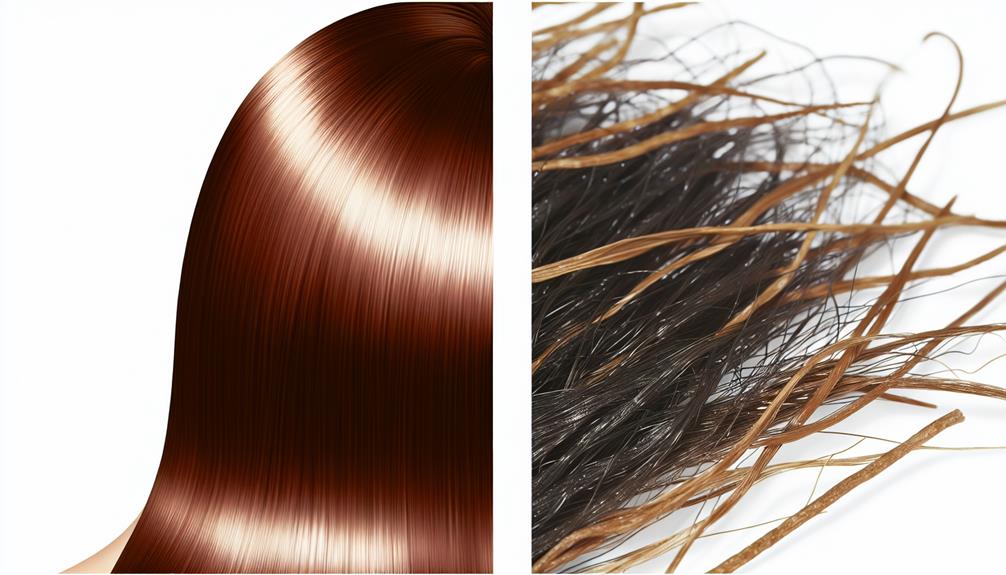
Certain health conditions can have a significant impact on the health and appearance of our hair. Conditions like hypothyroidism, which affects the production of thyroid hormones, can lead to dry, brittle hair. Alopecia areata, an autoimmune disorder, causes hair loss in patches. Eczema and psoriasis can also affect the scalp, causing itchiness and flakiness. Hormonal imbalances, such as polycystic ovary syndrome (PCOS), can result in excessive hair growth or hair thinning. Nutritional deficiencies, like iron or biotin deficiency, can lead to weak, dull hair.
Additionally, stress and mental health conditions can contribute to hair loss. It’s important to address these underlying health conditions and seek medical advice for proper treatment. Taking care of our overall well-being can have a positive impact on the health of our hair.
Moisturize Hair Care Routine
To maintain healthy and nourished hair, it’s crucial to establish a consistent hair care routine that prioritizes hydration and essential nutrients.
Here are some key steps to include in your nourishing hair care routine:
- Cleansing and Conditioning
Use a gentle, sulfate-free shampoo to cleanse your hair without stripping away natural oils. Follow up with a hydrating conditioner to replenish moisture and improve manageability.
- Deep Conditioning Treatments to Moisturize Hair
Incorporate deep conditioning treatments into your routine once a week to provide intense hydration and nourishment. Look for products with ingredients like argan oil, shea butter, or coconut oil to deeply moisturize and repair hair.
Choosing Quality Hair Products
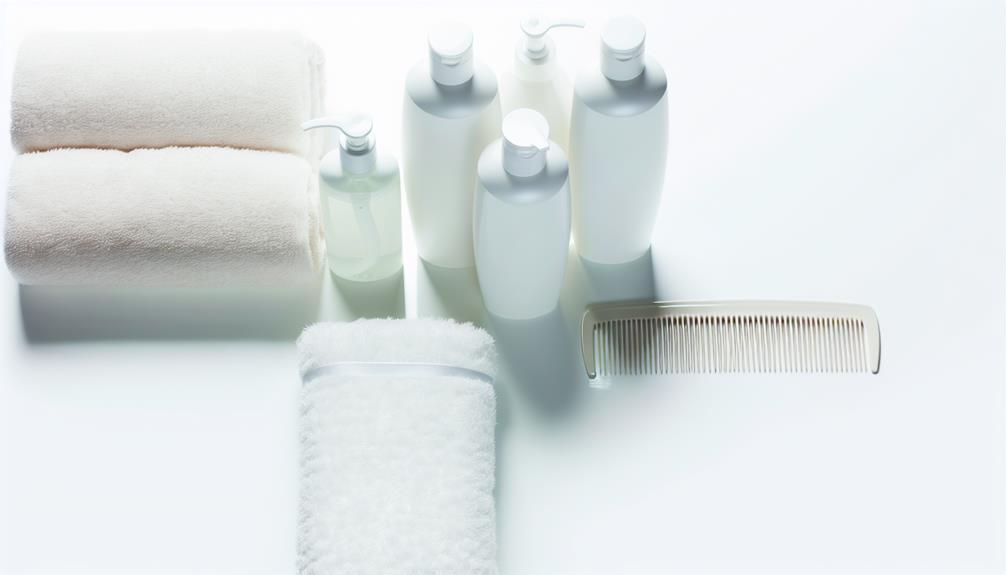
When it comes to choosing quality hair products, it’s essential to prioritize ingredients that nourish and protect your hair.
Look for products that contain natural oils like argan oil, coconut oil, and jojoba oil, as they provide deep hydration and help seal and Moisturize Hair.
Avoid products that contain harsh sulfates and alcohols, as they can strip your hair of its natural oils and leave it feeling dry and brittle.
Instead, opt for sulfate-free shampoos and conditioners that gently cleanse and moisturize your hair.
Additionally, consider using leave-in conditioners or hair masks to provide and Moisturize Hair and nourishment.
The Role of Water Temperature in Hair Care
After selecting quality hair products that nourish and protect your hair, it’s important to consider the role of water temperature in your hair care routine. The temperature of the water you use can greatly impact the health and Moisturize Hair.
Here’s why water temperature matters:
- Hot water opens the hair cuticle, allowing moisture to penetrate deeply and effectively hydrate your strands.
- Cold water, on the other hand, closes the hair cuticle, sealing in moisture and leaving your hair looking shiny and smooth.
When washing your hair, start with warm water to help loosen dirt and product buildup. Then, rinse with cold water to lock in the moisture and promote hair health. Remember, avoiding extremely hot water is crucial as it can strip your hair of its natural oils, leading to dryness and damage. So, strike a balance and find the right water temperature for your hair care routine.
Avoiding Excessive Washing and Co-Washing
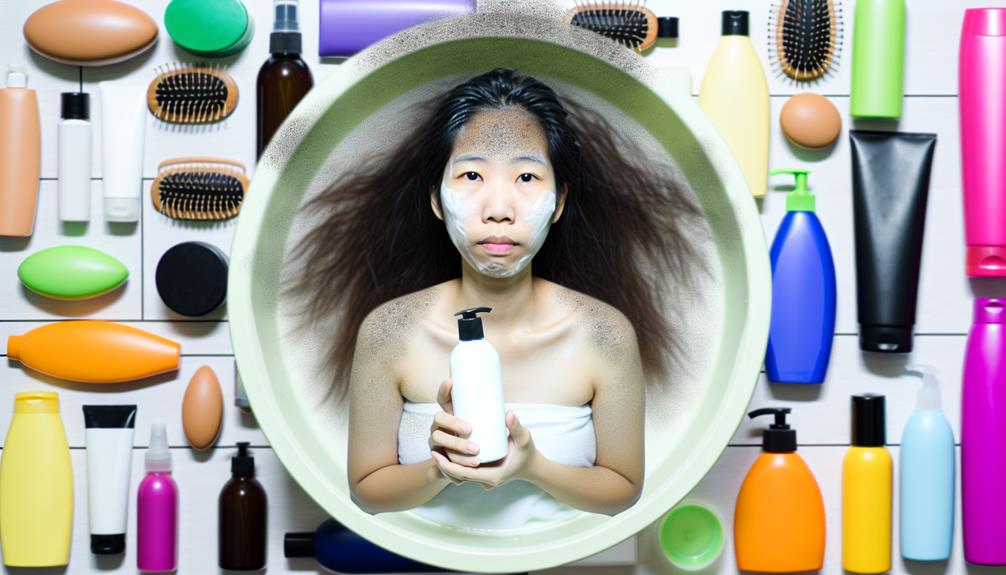
One important aspect of maintaining healthy and moisturized hair is by avoiding excessive washing and incorporating co-washing into our hair care routine. Excessive washing can strip our hair of its natural oils, leaving it dry and brittle. Instead, we should aim to wash our hair only when necessary, usually every 2-3 days, depending on our hair type and lifestyle.
Co-washing, which involves using a conditioner instead of shampoo, can also help retain moisture in our hair. By using a gentle, sulfate-free conditioner, we can cleanse our hair without stripping away its natural oils. Co-washing is especially beneficial for those with dry or curly hair, as it helps to maintain moisture and reduce frizz.
Limiting Use of Hot Tools and Protecting Hair With Silk
To protect and maintain the health of our hair, it’s important to Moisturize Hair and limit the use of hot tools and incorporate the use of silk products.
Hot tools such as flat irons, curling wands, and blow dryers can cause damage to our hair, making it dry and brittle. By reducing our reliance on these tools, we can minimize the risk of heat damage and keep our hair moisturized. Instead, we can explore heatless styling methods like braiding or air-drying to protect our hair.
Additionally, using silk products can provide numerous benefits for our hair. Silk pillowcases, scrunchies, and headbands help reduce friction and prevent breakage, while also enhancing shine. By incorporating silk into our hair care routine, we can keep our locks healthy, moisturized, and free from damage.
Frequently Asked Questions to Moisturize Hair
Can Dry Hair Be Caused by Genetics or Is It Solely Due to External Factors?
Dry hair can be caused by both genetics and external factors.
While genetics can play a role in determining the natural texture and moisture levels of our hair, external factors such as lack of hydration, sun exposure, heat styling tools, and harsh chemicals can exacerbate dryness.
It’s important to understand our hair’s needs and take steps to moisturize and nourish it properly, regardless of the underlying cause of dryness.
Are There Any Specific Vitamins or Supplements That Can Help Improve Dry Hair?
There are specific vitamins and supplements that can help improve dry hair.
Biotin, also known as vitamin H, promotes hair growth and strengthens the hair shaft.
Omega-3 fatty acids, found in fish oil supplements, can hydrate the scalp and improve hair texture.
Vitamin E is known to increase hair moisture and prevent breakage.
Additionally, iron and zinc play a crucial role in maintaining healthy hair.
It’s important to consult with a healthcare professional before starting any new supplement regimen.
Can Stress or Emotional Factors Contribute to Dry Hair?
Yes, stress and emotional factors can contribute to dry hair. When we’re stressed or experiencing emotional distress, our bodies release hormones that can disrupt the natural balance of oil production in our scalp. This can lead to dryness and lack of moisture in the hair.
Additionally, stress can cause us to neglect our hair care routine, leading to dryness and damage. Taking care of our mental health and managing stress can help improve the health and moisture of our hair.
Is It Necessary to Use Heat Styling Tools in Order to Achieve Certain Hairstyles?
Using heat styling tools isn’t necessary to achieve certain hairstyles. There are alternative methods that can protect and style your hair without causing damage.
Heatless styling methods, such as braiding or using foam rollers, can create beautiful curls or waves.
Additionally, using a heat protectant spray can minimize the potential harm from heat styling tools.
Embracing your natural hair texture and exploring different hairstyles can also help you achieve the look you desire without relying on heat.
Can Using Too Much Conditioner Actually Make Hair More Greasy and Weigh It Down?
Using too much conditioner can indeed make hair more greasy and weigh it down. When we overuse conditioner, it can create a buildup on the scalp and strands, leading to excessive oiliness.
It’s important to strike a balance and use the right amount of conditioner for our hair type and texture. Additionally, choosing a lightweight conditioner and focusing on applying it more towards the ends of the hair can help prevent greasiness and maintain volume.
Conclusion
In conclusion, dry hair can be caused by a variety of factors such as lack of hydration, excessive sun exposure, heat styling, and certain health conditions.
However, by establishing a nourishing hair care routine, using quality products, adjusting water temperature, and incorporating silk into your routine, you can effectively moisturize your hair and restore its health and vibrancy.
Remember, taking care of your hair is essential for achieving the luscious locks you desire.

